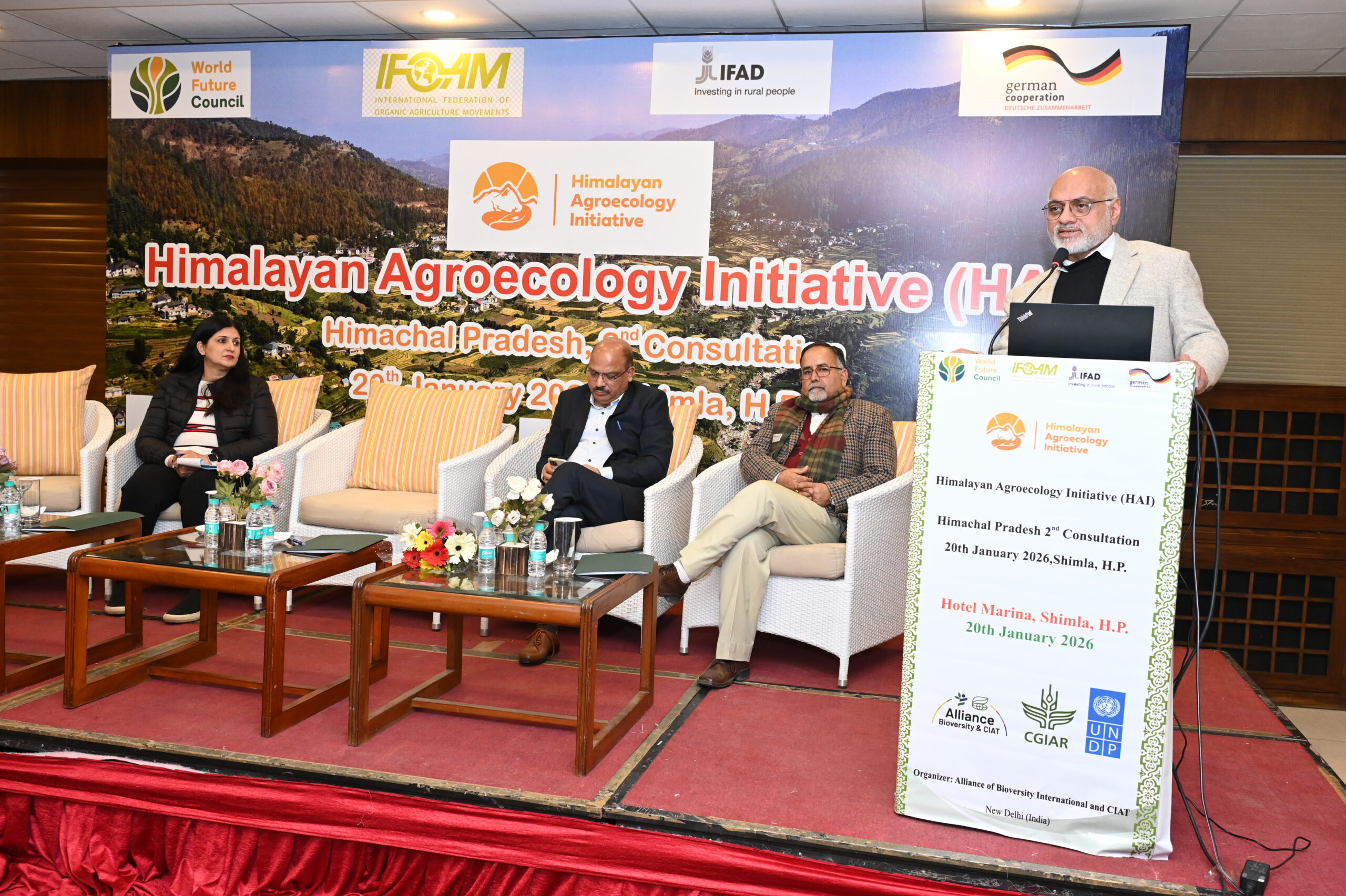Impact of Climate Change on Oceans
2 min read
Based on scientific studies and the recent climate assessment report of the Ministry of Earth Sciences, the tropical Indian Ocean is warming rapidly over the recent decades. The average basin-wide sea surface temperature (SST) is warming at a rate of 0.15 oC/decade during 1951-2015. During the same period, globally averaged SST warmed at a rate of ~0.11 oC. Owing to this rapid warming, the sea level in the Indian Ocean was observed to be rising at a rate of 1.06-1.75 mm/year during the last century (1874–2004) and ~3.3 mm/year in the recent decades (1993-2015), which is in a similar range of the global mean sea level rise.
Further, National Centre for Coastal Research (NCCR), an attached office of MoES, is collecting the real-time information on coastal water quality by deploying water quality buoys at 10m water depth in coastal waters. NCCR is also undertaking research activities in quantifying litter (mainly meso, macro and microplastics) in the beach, in the water column and sediment on the sea floor. An increase in the abundance of microplastics is observed along the east coast during the monsoon. The stations nearer to the river mouth had higher numbers of microplastics concentrations. The Beach litter survey revealed that the maximum accumulation occurs in the backshore than in the intertidal zone. Moreover, Urban beaches have higher accumulation rates than rural beaches. Under Beach Clean-up program/activity, it was found that the majority of the waste composition was contributed by single use plastics.
No such report has been released by the recent UN Conference that the world’s seas are in crisis.








